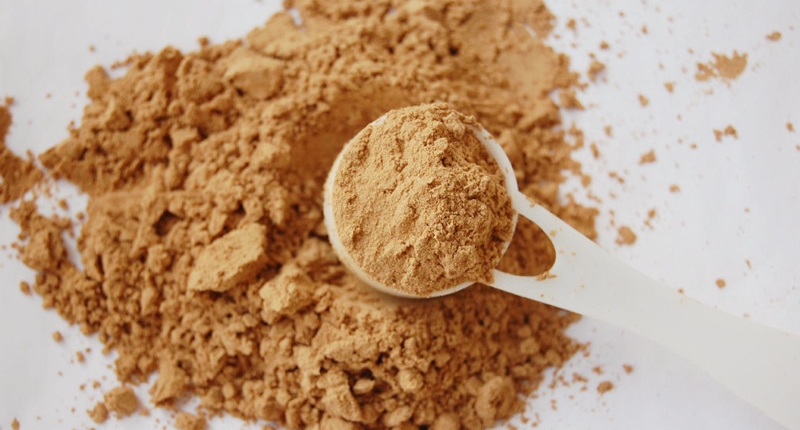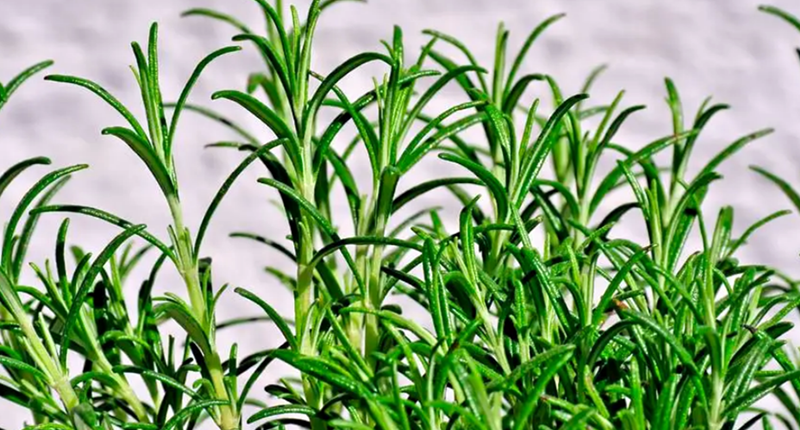Which Plant Extracts Can Be Used For Cat Litter Odor Control?
As a cat owner, you’ve likely battled the persistent challenge of litter box odors. During the process of digestion and absorption of nutrients by cats, sulfur and nitrogen-containing waste is produced. This waste is converted into urea in the urea cycle, which is then excreted from the body. These are all sources of the cats’ odors. With more pet parents seeking eco-friendly and chemical-free alternatives, the question arises: Can plant extracts be added to cat litter for deodorizing?
In cat litter, certain plant-based extracts can effectively neutralize smells by inhibiting bacteria and ammonia from urine, absorbing moisture, or masking odors naturally. For instance, yucca schidigera extract has been shown to bind ammonia molecules, preventing them from volatilizing into the air, reducing odor at the source. This desert plant’s saponins act as natural surfactants. Similarly, rosemary extract has demonstrated significant odor reduction in cats by altering nitrogen and sulfur metabolism in waste. Brands like Fresh Step have used activated carbon combined with plant extracts since 2013 to combat urine, feces, and bacterial smells. In this guide, we’ll explore the science behind plant extracts and popular options backed by studies.
Top Plant Extracts for Deodorizing Cat Litter
Plant extracts are concentrated compounds derived from leaves, roots, flowers, or stems, often used for their antimicrobial, absorbent, or aromatic properties. Based on recent reviews and studies, here are the best options for 2025, focusing on safety and efficacy.
Yucca Schidigera Extract
Yucca Schidigera Extract is one of the most well-known natural deodorizers in the pet industry. It’s commonly found in supplements like Nature’s Miracle and is FDA-approved for animal use. It can inhibit urease activity and is effective against urine odors. The active components in its composition, such as polysaccharides, polyphenols, and yucca saponins, can combine with NH3 molecules and transform into non-toxic nitrogen compounds. Research from the Journal of Animal Science shows that it can reduce ammonia emissions by 50% in animal litters.
Green Tea Extract (Camellia Sinensis)
Green tea extract is a popular choice in some Asian-made tofu litters. The main deodorizing active substance in tea extract is tea polyphenols, which have a special molecular a hydroxyl group on the β ring, and are prone to breakage, which can combine with small gas molecules such as NH3 and H2S to weaken or eliminate the odor. For instance, catechins in green tea bind odor molecules and suppress bacteria.
Rosemary Extract
Rosemary plants provide a light, fresh scent and have been studied for their deodorizing effects, specifically targeting compounds responsible for nitrogen and sulfur-based odors. Backed by a study, rosemary’s rosmarinic acid inhibits bacterial growth and neutralizes sulfur-based smells.
Walnut Shell Extract
For those exploring alternative litter materials, walnut shell-based litters offer another plant-powered solution. Walnut shells naturally contain incredibly absorbent compounds, quickly soaking up moisture and trapping odors within their porous structure. They’re biodegradable and help neutralize odors, even effective in enclosed areas.
Chlorophyll
This vibrant green pigment is essential for photosynthesis in plants; it isn’t just good for generating energy; it’s also an excellent natural deodorizer. When incorporated into cat litter or additives, chlorophyll actively binds to odor-causing compounds, effectively helping to neutralize and eliminate them, making it a fantastic, eco-friendly addition to natural litter formulas, contributing to a noticeably fresher environment.
Conclusion
Increasingly, manufacturers are harnessing the natural deodorizing properties of botanical extracts to create cat litter and additives that offer superior odor control without harsh chemicals. Adding plant extracts such as yucca and rosemary extract to cat litter can be a game-changer for natural deodorizing, offering science-backed benefits like reduced ammonia and bacterial odors. By embracing these natural solutions, you’ll create a healthier environment for your furry friend and your home.




